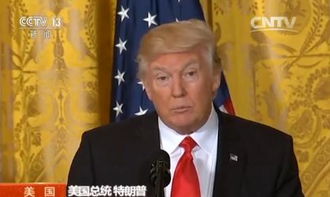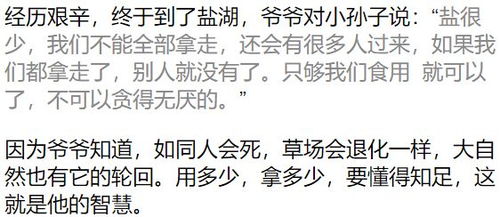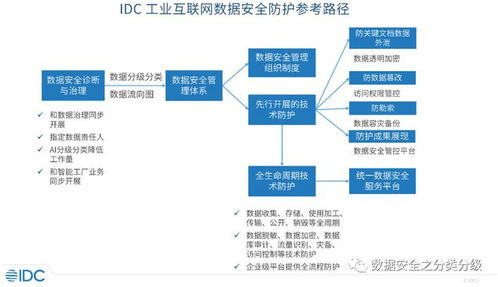China vs. Japan Football: A Comprehensive Overview
When it comes to football, China and Japan have a rich history of competition, both on the international and domestic stages. This article delves into the multifaceted aspects of China vs. Japan football, exploring their historical encounters, current standing, and the factors that contribute to their rivalry.
Historical Encounters

The first official match between China and Japan took place in 1949, with Japan emerging as the winner. Since then, the two nations have faced each other numerous times, both in friendly matches and in major tournaments. One of the most memorable encounters was in the 2002 FIFA World Cup qualifiers, where China and Japan faced off in a thrilling match that ended in a 1-1 draw.
| Year | Competition | Result |
|---|---|---|
| 1949 | Friendly Match | Japan 1-0 China |
| 2002 | FIFA World Cup Qualifiers | China 1-1 Japan |
| 2010 | Asian Cup | China 0-0 Japan |
| 2014 | World Cup Qualifiers | China 0-2 Japan |
Current Standing

As of now, both China and Japan have made significant strides in the world of football. China has been making headlines with the rise of its domestic league, the Chinese Super League (CSL), which has attracted some of the world's top players. Japan, on the other hand, has consistently performed well in international competitions, including the FIFA World Cup and the Asian Cup.
China's national team currently ranks 76th in the FIFA World Rankings, while Japan is ranked 22nd. In the Asian Football Confederation (AFC) rankings, China is 10th, and Japan is 3rd. Despite the rankings, both nations have shown great potential and have a strong desire to improve their performance on the international stage.
Factors Contributing to the Rivalry

The China vs. Japan football rivalry is not just about the sport itself; it extends to various aspects of the nations' histories, cultures, and political relations. Here are some of the key factors that contribute to this intense competition:
Historical Tensions: The historical tensions between China and Japan, particularly regarding the Second Sino-Japanese War and the Nanjing Massacre, have fueled the rivalry. These events have left a lasting impact on the nations' relations, and football matches often serve as a platform for expressing national pride and resentment.
Cultural Differences: China and Japan have distinct cultural backgrounds, which are reflected in their football styles. Chinese football tends to be more physical and aggressive, while Japanese football is characterized by technical skill and tactical discipline.
Political Relations: The political relations between China and Japan have been volatile at times, and football matches have often been used as a means to gauge the nations' diplomatic ties. A win in a football match can be seen as a victory for the nation's political stance.
Media Coverage: The media plays a significant role in shaping the rivalry. Both nations' media outlets often hype up the matches, leading to increased interest and passion among fans.
Conclusion
The China vs. Japan football rivalry is a multifaceted competition that goes beyond the sport itself. With both nations striving to improve their performance on the international stage, the rivalry is likely to continue for years to come. As fans, we can only hope that these matches will be played with sportsmanship and respect, while also serving as a reminder of the importance of unity and peace between the two nations.










